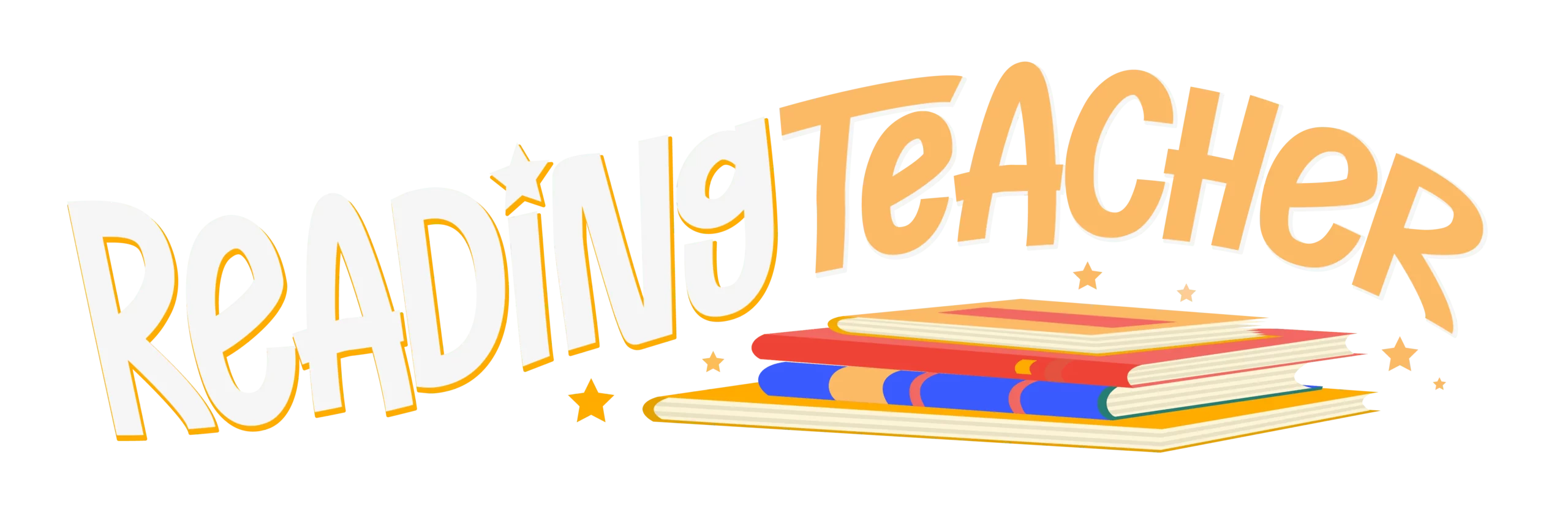Unlocking Literacy: A Guide on Harnessing the Power of Online Books for Struggling Readers
In today's digital age, online books offer a wealth of opportunities to support struggling readers in their journey toward literacy. This guide explores the transformative power of digital literature, providing practical insights and strategies for parents, educators, and learners alike.
Digital Books: A Dynamic Learning Tool
Online books, with their interactive features and multimedia elements, provide a dynamic and engaging learning experience. Struggling readers can benefit from features like audio narration, highlighted text, and interactive illustrations that enhance comprehension and promote a deeper understanding of the content.
Accessibility and Variety:
One of the key advantages of online books is their accessibility. Struggling readers often face challenges with traditional print materials, but digital books can be adjusted to meet individual needs. Font size, background color, and even audio support can be customized, creating a more inclusive reading experience.
Multisensory Learning:
Online books enable multisensory learning, appealing to different learning styles. Struggling readers can benefit from the combination of visual and auditory stimuli, reinforcing comprehension and making the reading process more enjoyable. Interactive elements, such as clickable words or animations, add an extra layer of engagement.
Building Vocabulary and Fluency:
Struggling readers often need targeted support to build their vocabulary and reading fluency. Online books frequently come with features like built-in dictionaries and pronunciation guides, helping learners understand and pronounce unfamiliar words. This active engagement contributes to overall language development.
Progress Tracking:
Digital platforms often include tools for progress tracking, allowing parents and educators to monitor a struggling reader's journey. Insightful analytics can highlight areas that need attention, enabling personalized interventions and tailored support to address specific challenges.
Encouraging Independent Reading:
Online books empower struggling readers to engage in independent reading. The ability to choose books based on personal interests promotes a love for reading, fostering a positive reading culture. As confidence grows, struggling readers are more likely to tackle more complex texts with enthusiasm.
Guided Reading Apps:
Several guided reading apps cater specifically to struggling readers. These apps offer leveled content, comprehension questions, and interactive features designed to scaffold the reading experience. Guided reading apps provide targeted support, ensuring that struggling readers progress at their own pace.
Collaboration and Community:
Online platforms often facilitate collaboration and community building. Struggling readers can connect with peers, educators, and online book communities, creating a supportive environment for sharing experiences and recommendations. This sense of community enhances motivation and encourages a lifelong love of reading.
Conclusion:
Unlocking literacy for struggling readers involves leveraging the power of online books. By embracing the accessibility, interactivity, and variety offered by digital literature, parents and educators can create a supportive learning environment that caters to individual needs. With the right tools and strategies, online books become valuable allies in the journey toward literacy success.
